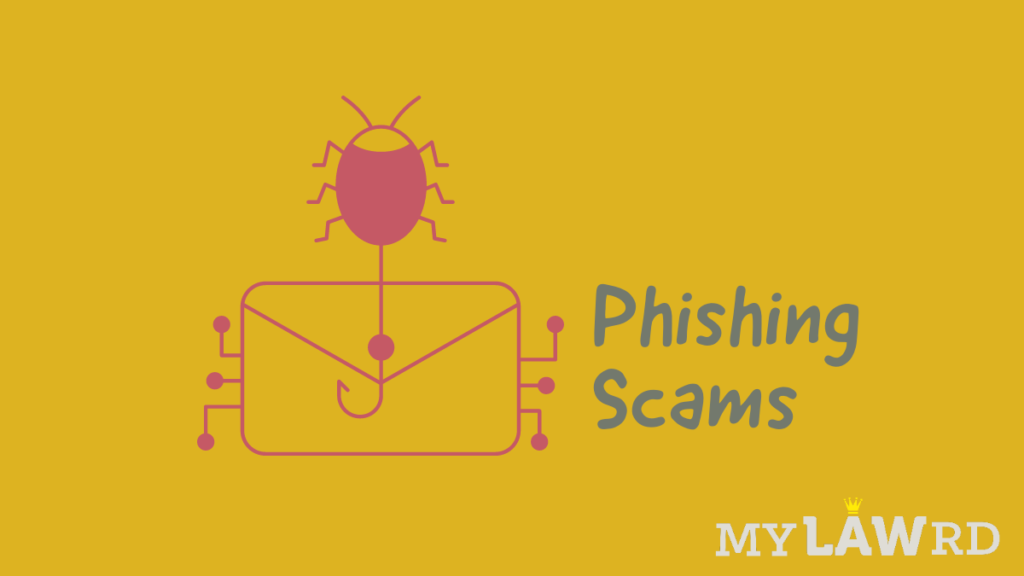In yet another case of cyber scamming, a a cyber security firm has detected that a scam campaign is targeting users of Facebook Messenger. It is estimated that scammers targeted Facebook Messenger users in 80 countries. Group-IB a global threat hunting group and advisory-centric cyber intelligence company has reported the issue. As per the company’s Digital Risk Protection (DRP) analysts, the scam was targeted at users in over 80 countries. Europe, Asia, the MEA region, North & South America have been affected.
How does the scam work?
The Facebook Messenger scam uses domain spoofing. According to Group-IB, it has detected around 1,000 fake Facebook accounts sharing links to an allegedly updated version of Facebook Messenger.
Users who click on the fake link are redirected to a fake Facebook Messenger website with a login form, where cyber criminals steal their credentials. To make the appearance legitimate, scammers even used official Facebook logos and shortened link names that looked similar to the actual ones. For the uninitiated, here’s how it works and how you can safe yourself from such scams.
Implications of the attack
As per HTTech, the investigation team has found around 5,600 Facebook posts inviting users to install the fake “Latest Messenger Update”. Group-IB reports that through this scam personal data and account information of users is jeopardized.
‘Scammers, in turn, are likely to use the compromised account to either blackmail the victim, pushing them to pay a ransom to have access to their account restored, or further scale up the scheme using the Facebook profile to distribute scam ads.’
What should you do if you fell for it?
If a user stays vigilant, it will help to reduce the chances of getting into a cyber trap. You can take steps to avoid falling for a phishing campaign.
There are simple steps. Always verify the domain name you are visiting. Never provide your credentials or personal data on websites from third party resources. Visit only official/verified websites. Use an anti virus which enables safe browsing. You can read more on the article hyperlinked above.
If unluckily you still fell for the trap, we have got you covered. In case of any financial fraud, you can straightaway dial 155260. If that doesn’t work, here’s some more help. You can also read our detailed guides for sextortion scams if that is what you have encountered.
Do subscribe to our Telegram channel for more resources and discussions on technology law and news. To receive weekly updates, and a massive monthly roundup, don’t forget to subscribe to our Newsletter.
You can also follow us on Instagram, Facebook, LinkedIn, and Twitter for frequent updates and news flashes about #technologylaw.

